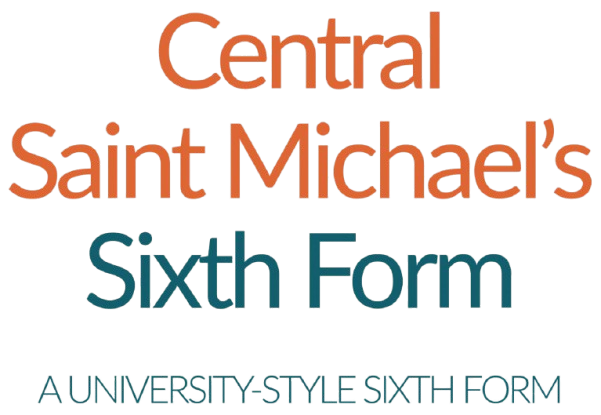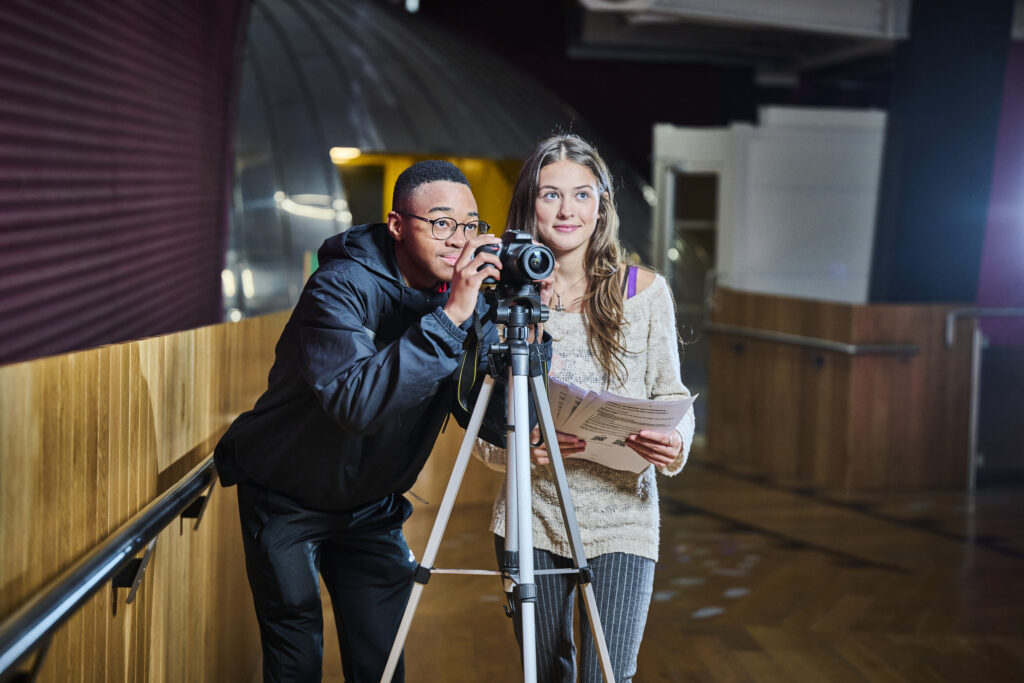Film Studies is for anyone interested in exploring cinema as a powerful art form and cultural force. Some students may have studied Film Studies at GCSE, but many have not, so no prior experience is required. The course appeals to those who enjoy subjects like English Literature and History, as it involves analysing narratives, themes, ideologies and cultural contexts. Film Studies is ideal for students who want to understand how film communicates meaning, shapes society, and tells compelling stories.
Immerse yourself in a diverse and global study of film, exploring works from Hollywood classics to New Hollywood, British cinema, and world cinema including influential directors like Spain’s del Toro, South Korea’s Bong Joon-ho, and Hong Kong’s Wong Kar-Wai. You’ll examine key cinematic movements and styles such as silent cinema, experimental film, New Waves, social realism, independent cinema, and documentary film.
Content Overview
You’ll develop analytical and critical thinking skills through close textual analysis of films, exploring elements of mise-en-scène, cinematography, editing, sound and performance.
You’ll apply a range of critical perspectives and theoretical frameworks, such as:
Auteur theory
Narrative theory
Ideological and feminist readings
Spectatorship and audience theory
You’ll connect films to their social, political, historical, and institutional contexts, helping you understand how films both shape and reflect the world around you.
In addition to theoretical study, you’ll engage in hands-on creative work, including screenwriting and practical filmmaking, building skills in planning, filming and editing.
Paper 1: Varieties of Film and Filmmaking (35% of A Level – 2.5 hour exam)
Section A: Hollywood 1930–1990 (comparative study)
One film from the Classical Hollywood period (1930–1960)
One film from the New Hollywood period (1961–1990)
Section B: American Film Since 2005 (two-film study)
One mainstream film
One contemporary independent American film
Section C: British Film (two-film study)
Two British films
Paper 2: Global Filmmaking Perspectives (35% of A Level – 2.5 hour exam)
Section A: Global Film (two-film study)
Two non-English language films from different countries
Section B: Documentary Film
One feature-length documentary
Section C: Film Movements – Silent Cinema
One silent film or group of short silent films (e.g. Buster Keaton)
Section D: Experimental Film (1960–2000)
One experimental or avant-garde film
Facilities
Access to Adobe Suite of Editing and Design Programmes – used to edit films like Dead Pool (2016) and Avatar (2009)
Designated production suite















